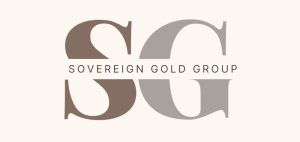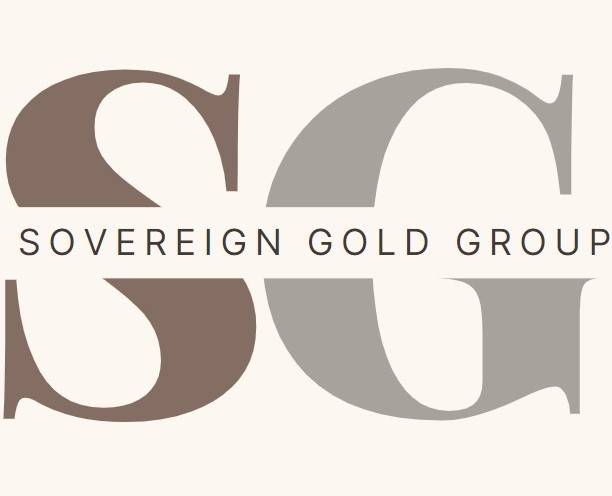What if you don’t want a fancy private financial consultant to make portfolio changes and micromanage your fiscal responsibilities autonomously? Not necessary, so long as you know who to listen to…
One such example of a person investors often turn to is Warren Buffett, who is objectively one of the most successful wealth builders in human history. It’s comforting knowing that people such as him exist because it means that maybe we can do it too! His Berkshire Hathaway boasts a hell of a portfolio.
Let’s look at three of his favorites. They have plenty to offer, and yes, that includes dividends…
Apple Inc (AAPL)
If you’ve been keeping up with financial news, then you know that Apple (AAPL) is a hot stock on the Street right now, and there are reasons why Warren Buffett appears to be as fond of it as he is. AAPL’s launch of the iVision Pro spatial computing headset positions it to lead the next computing era. With its strong consumer hardware reputation, device integrations, and extensive research, AAPL appears primed for success in spatial computing. Initially priced at $3,500, AAPL’s product may be costlier than competitors like Meta Platforms’ Quest. Also notable is AAPL’s utilization of AI and machine learning, reinforcing its position as a top tech player. AAPL is set to deliver significant profits in the future.
AAPL is up year-to-date by 48.07%. AAPL shows trailing revenue of $385 billion at $5.89 per share, and during the same time, it made a $94.3 billion profit due to its 24.49% net margin. AAPL has a remarkable ROE (return on equity) of 145%. At its last earnings call, AAPL reported EPS of $1.52 per share vs. $1.43 per share as expected by analysts, winning by a 6.30% margin; it exceeded analysts’ revenue projections by $2 billion ($94.84 B vs. $92.84 exp), a 2.15% surprise. AAPL has an annual dividend yield of 0.50% and a quarterly payout of 24 cents ($0.96/year) per share. With a 10-day average volume of 51 million shares, AAPL’s median price target is $190, with a high of $240 and a low of $140. This suggests the potential for a 25% price upside. AAPL has 29 buy ratings and 13 hold ratings. AAPL is currently Buffett’s largest holding.
Coca-Cola Co (KO)
Coca-Cola (KO), Berkshire Hathaway’s fourth-largest holding, is gradually entering the alcoholic beverage market. Recently, KO acquired Finlandia vodka from Brown-Forman, expanding into the premium spirits segment. The purchase was made through Coca-Cola HBC, where KO owns a 23% stake. KO has also introduced ready-to-drink cans of Jack Daniels mixed with the classic Coke recipe in the United Kingdom, boosting sales in the region. KO has also launched alcoholic products in Japan and the U.S. through partnerships with Molson Coors and Constellation Brands. KO shows a strong balance sheet.
KO is currently down year-to-date by 4.67%, putting it on a bit of an opportunistic dip. With a safe 0.55 beta, KO has a free cash flow of $9.13 billion. At its most recent earnings report, KO exceeded analysts’ projections on EPS and revenue by 5.40% and 1.62%, respectively, and shows year-over-year growth in key areas: revenue (+4.66%), net income (+11.72%), EPS (+12.5%), and net profit margin (+6.75%). KO has a 3.04% annual dividend yield, a quarterly payout of 46 cents ($1.84/year) per share, and a nice 78.41% payout ratio. With a 10-day average volume of 14.79 million shares, KO has a median price target of $70,
with a high of $75 and a low of $63, representing a potential price leap of almost 24% from its current position. KO has 19 buy ratings and seven hold ratings.
Kroger Co (KR)
Buffett’s “value play” is arguably Kroger (KR), the second-largest supermarket chain in the U.S., operating over 2,700 stores across 35 states. While growth was stagnant before the pandemic, KR swiftly adapted and experienced a sales boost by embracing digital strategies. With a renewed focus on fresh food, KR has been gaining momentum. KR’s affordable and high-quality company-branded food lines have garnered popularity, paving the way for further growth. Although comparable sales growth initially dropped after the pandemic surge, KR’s has since stabilized and is steadily increasing.
KR stock is up by 6.35% year-to-date, is trading near the middle of its existing 52-week range, and comes with a safe beta score of 0.47. With an ROE of just over 25%, KR slightly missed on revenue at its most recent earnings call but reported EPS of $1.51 per share vs. $1.43 per share as predicted by analysts, exceeding their expectations by 3.97%. KR also shows year-over-year growth in crucial areas such as revenue (+1.27%), net income (+44.88%), EPS (+46.67%), and net profit margin (+42.95%) and is forecasted to report $34 billion in sales at $0.91 per share for the current fiscal quarter. KR has a 2.45% annual dividend yield and a quarterly payout of 29 cents ($1.16/year) per share. With a 10-day average volume of 4.42 million shares, KR has an average price target of $51.70, with a high of $65 and a low of $42, representing a potential price upside of over 37%. KR has 12 buy ratings and 12 hold ratings.











 and then
and then